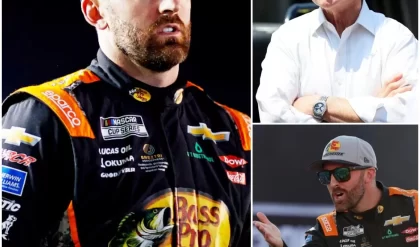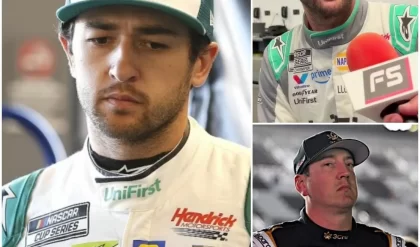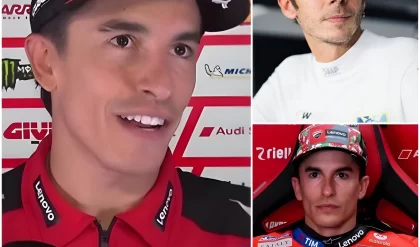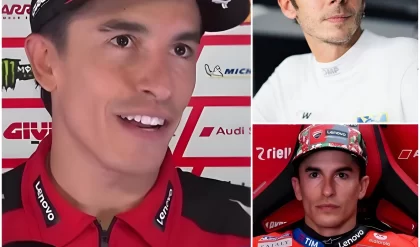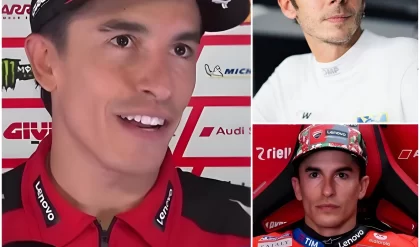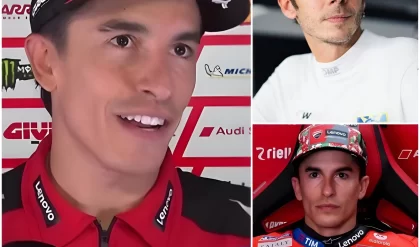In the high-octane world of NASCAR, where split-second decisions can make or break a race, the line between aggressive driving and reckless behavior is often razor-thin. At the recent NASCAR Xfinity Series race at Indianapolis Motor Speedway, that line was crossed in a dramatic fashion, sparking a firestorm of controversy that has team owner Richard Childress calling out NASCAR for what he sees as inconsistent and unfair penalty rulings. The incident, involving Richard Childress Racing (RCR) driver Austin Hill and Joe Gibbs Racing’s Aric Almirola, has reignited debates about fairness, safety, and the sanctioning body’s enforcement practices, leaving fans and insiders buzzing about the future of the sport.
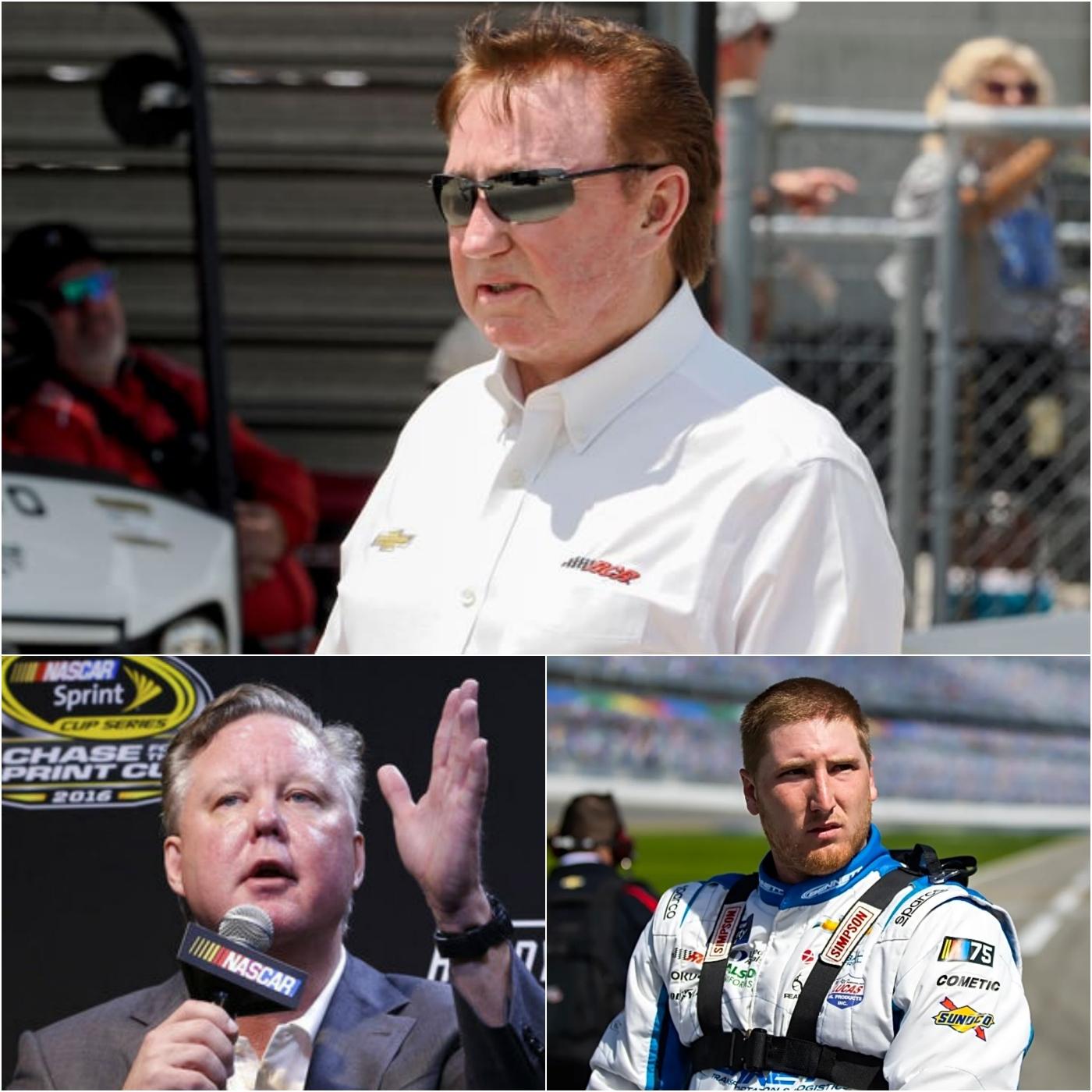
The drama unfolded with just 10 laps to go at Indy. Austin Hill, piloting the No. 21 Chevrolet for RCR, was running fourth with Almirola’s No. 19 car hot on his tail. As the two navigated Turn 4, Hill’s car got sideways but was skillfully corrected. Moments later, however, Hill veered into the right rear of Almirola’s car, sending it careening into the outside wall with a jarring impact. The crash, which occurred in an area without SAFER barriers, raised immediate safety concerns. NASCAR officials, along with CW broadcast analysts Jamie McMurray and Parker Kligerman, deemed the move intentional, resulting in a swift five-lap penalty for Hill on charges of reckless driving.
Hill’s reaction was anything but subdued. Over the team radio, he unleashed a tirade, exclaiming, “They can go [expletive] themselves. [Expletive] NASCAR. That is [expletive] [expletive].” The 31-year-old driver defended his actions, claiming he was sideways and correcting his car when contact occurred, insisting it was not deliberate. But the real fireworks came from Richard Childress, the 79-year-old NASCAR Hall of Famer and RCR team owner, who didn’t mince words when addressing the penalty. “It would be better off that I don’t say what I think because I would even be in bigger trouble,” Childress said, hinting at his frustration with NASCAR’s decision-making process. He went on to highlight what he perceives as a double standard, pointing to a prior incident at the Circuit of the Americas (COTA) where Austin Cindric wrecked Childress’ grandson, Ty Dillon, in a similar right-rear hooking incident. “They didn’t do nothing to the No. 2 car when they wrecked Ty in the right rear and admitted it. 50 points. What’s the deal?” Childress fumed.
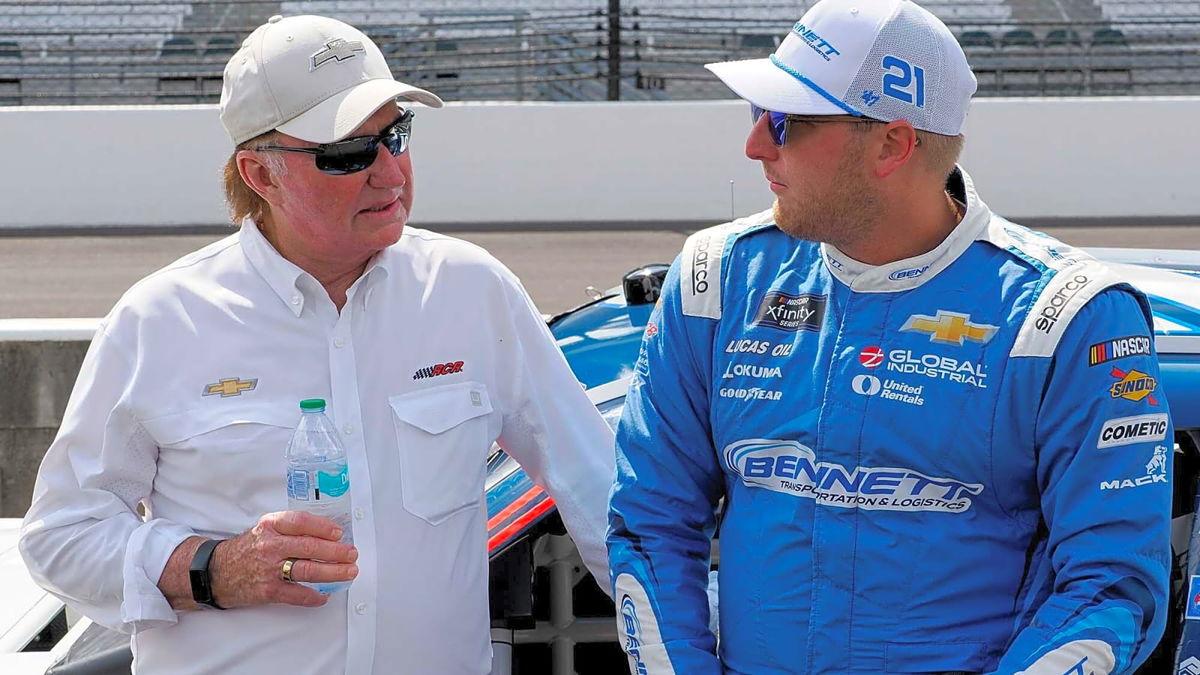
This isn’t the first time Childress has clashed with NASCAR over penalties. Just a week earlier, after a lackluster performance at Dover Motor Speedway, he voiced concerns about his team’s competitiveness, stating over the No. 8 team radio, “Gotta get some race cars. We are in trouble. Period.” The Indy incident, however, escalated his grievances to a new level, with Childress suggesting that NASCAR’s rulings may favor certain teams. “It’s who you are. We’re a blue-collar team. They give us trouble all the time,” he remarked, implying a bias against RCR, a team known for its gritty, hard-working ethos.
The controversy has drawn attention from across the NASCAR community. Kevin Harvick, a Hall of Famer and outspoken commentator, didn’t hold back, calling for harsher consequences for Hill’s actions. “That’s where all the criticism will come from,” Harvick said, pointing to NASCAR’s inconsistent handling of similar incidents. He referenced the Cindric-Dillon clash at COTA, where Cindric faced a 50-point deduction and a $50,000 fine, and argued that Hill’s move warranted a suspension due to its dangerous nature. Almirola’s team echoed this sentiment, urging NASCAR to suspend Hill for what they called “really poor judgment.” The fact that the crash occurred in an unprotected section of the track only amplified their concerns about safety.
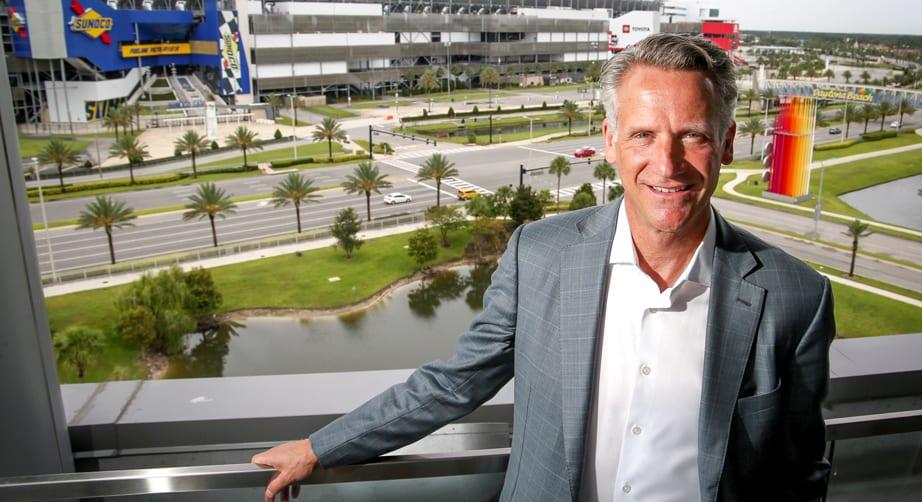
NASCAR’s response was decisive but left room for further scrutiny. The five-lap penalty was severe, but with the sanctioning body now reviewing the incident for potential additional penalties, including a possible suspension, Hill’s championship hopes in the Xfinity Series hang in the balance. Under NASCAR’s 2025 playoff waiver rules, a one-race suspension would strip Hill of all 21 of his playoff points, a devastating blow for a driver who has been a consistent front-runner. Chris Rice, president of Kaulig Racing and a friend of Childress, weighed in on the broader issue, calling for an overhaul of NASCAR’s penalty and waiver system. “Our drivers are our responsibility, and we have to handle it internally,” Rice said on SiriusXM, advocating for a tiered system that distinguishes between intentional and accidental infractions.
The Indy incident is just the latest chapter in RCR’s tumultuous 2024 and 2025 seasons. Last year, Austin Dillon, another RCR driver and Childress’ grandson, faced a similar controversy at Richmond Raceway, where he wrecked Joey Logano and Denny Hamlin on the final lap to secure a win. NASCAR allowed the victory to stand but stripped Dillon of playoff eligibility, docking him 25 points and costing RCR an estimated $2.5 million in potential postseason bonuses. Childress called it “the largest fine ever in NASCAR,” lamenting the financial and emotional toll. “I’ll never get over Richmond,” he said on the Dale Jr. Download podcast, adding that the penalty, combined with a later $200,000 fine at Martinsville for violating race integrity rules, cost RCR over $3 million in 2024 alone.
The recurring theme of perceived inconsistency has fueled Childress’ frustration. He argues that NASCAR’s rulings often seem arbitrary, with some drivers and teams facing harsher consequences than others for similar infractions. The COTA incident with Cindric, for example, resulted in a delayed penalty, while Hill’s Indy penalty was immediate and severe. This disparity has led to speculation about favoritism, with Childress hinting at a bias against “blue-collar” teams like RCR. His comments resonate with fans who have long questioned whether NASCAR’s penalty system is applied equitably across the board.
As NASCAR prepares to announce its final ruling on Hill’s incident, the stakes couldn’t be higher. A suspension could derail RCR’s championship aspirations, while a lighter penalty might fuel further criticism of leniency. The debate has also sparked broader conversations about the sport’s direction. Is NASCAR’s penalty system robust enough to ensure fairness and safety, or does it need a complete overhaul, as Rice suggests? The answer could shape not only RCR’s season but also the future of NASCAR’s competitive landscape.
For fans, the controversy is a reminder of NASCAR’s raw intensity and the passion it ignites. Childress’ fiery defense of his driver, coupled with his pointed critique of NASCAR, has struck a chord with those who see RCR as an underdog fighting against the establishment. As the sanctioning body deliberates, the NASCAR community waits with bated breath to see whether Hill will face further consequences or if Childress’ outspokenness will prompt a reevaluation of how penalties are enforced. One thing is certain: in a sport built on speed and strategy, the battle for fairness is proving to be just as fierce.
